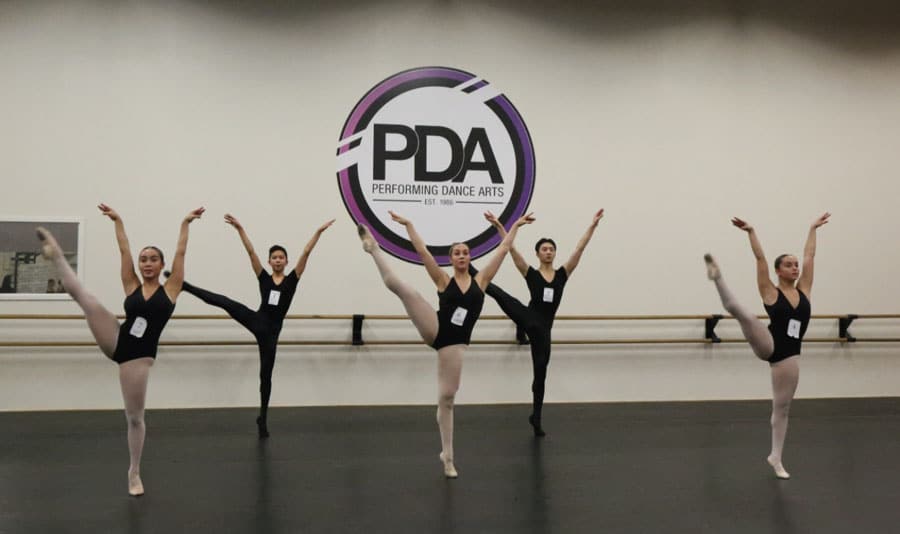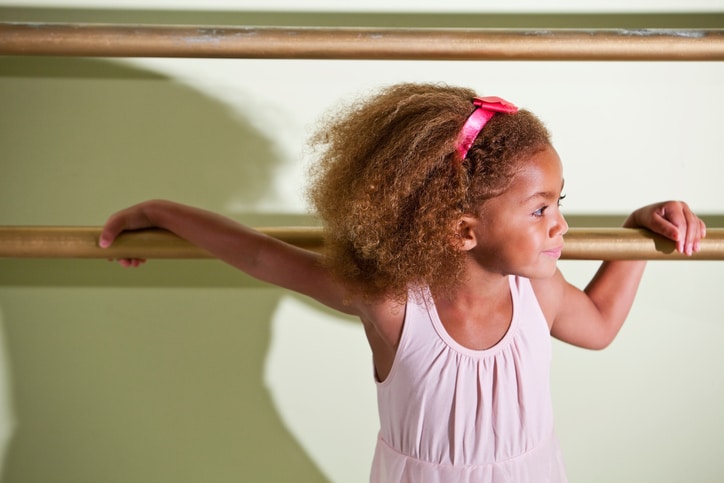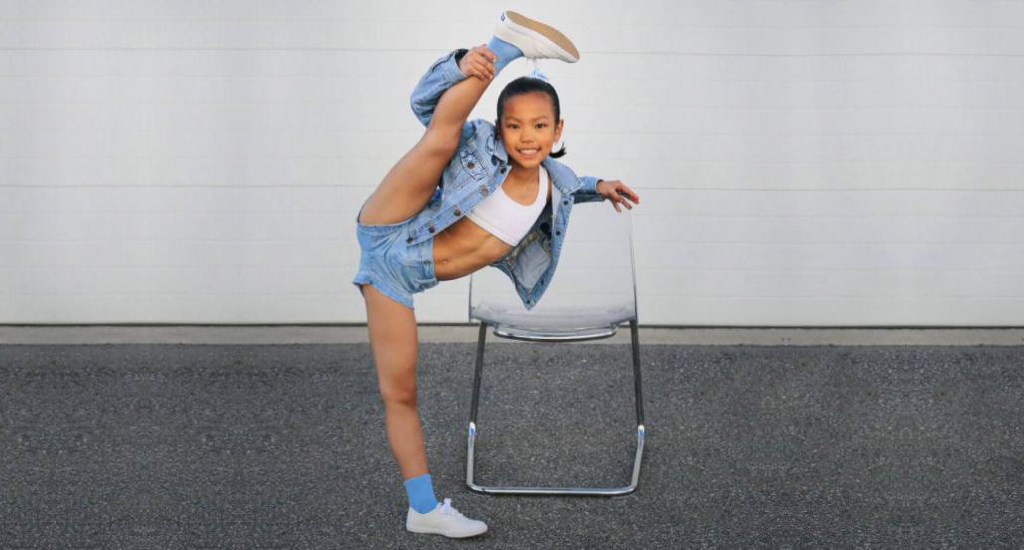To keep young students motivated in dance, whether during class or at home, instructors and parents need to know how to keep their kids inspired. Dance is a physically and mentally demanding commitment that can easily fall by the wayside without support and dedication.
Dancers of all ages and skill levels have good days and bad days. And some days, they just aren’t feeling motivated. While it is important for dancers to accept this fact, it is important to encourage the dancer to remember the reason they love to dance!
If your child is feeling less motivated to dance, try some of these effective approaches.
Create a Supportive Environment
One of the most important ways to motivate dance students is to provide a supportive environment, again, both at home and in the studio. This begins with creating an inclusive environment for all levels of skill, creativity, and individualities.
Young students need equal assurance and encouragement from instructors and family members, especially if they are new to the dance world. Home discussions and encouraging practice routines can instill confidence and motivation within a young dancer. Using positive reinforcement gives incentive for the student to continue to improve their dance skills.
Understand and Encourage Individual Interests
Dance is considered an art form, translating into various perspectives and preferences. Understanding how to motivate someone to dance initially starts with encouraging the individual interests of each student. This means helping your child explore various dance styles and genres.
Parents should encourage the child to try different styles of dance when the opportunity arises. Being involved in a dance studio that offers classic dance like jazz, ballet, and tap and modern dance classes such as musical theatre, hip-hop, and acro provides concrete motivation.
Set Achievable Goals
You can inspire your young dancer by helping them set achievable goals both as an individual dancer and as a part of a team. Instructors should discuss short-term and long-term goals with the young dancer and their home support system to retain motivation and encouragement from all sources. Parents can use home time to inspire their child to continue to work towards their goals.
Achievable goals can be modified as the child improves on their skill level in separate categories. This can help the flow of instruction as the young dancer progresses through dance programs. Breaking down the goals into techniques designed to be practiced for a number of days or weeks before moving on to the next level inspires and motivates the student.
Celebrate Achievements and Progress
Young or old, we all appreciate and need words of encouragement and recognition for our achievements.
As the young dancer meets and/or exceeds each goal, celebrating the small and big milestones is a great way to keep students motivated. Whether the student has “mastered” a technique they have been struggling with or is chosen for a leading role in a production, it should be celebrated.
Positive reinforcement, compliments, and praise are important in a young person’s developing years to foster commitment, dedication, and motivation. Celebrating each personal triumph, performance level, and milestone nurtures a sense of self-pride in the child while acting as a reinforcement to continue their passion for dance.
Foster a Passion for Learning
With the right words of encouragement, praise, and motivation, inspiring young dancers can develop a passion for learning. While dance classes teach discipline, confidence, and team spirit, they also foster the love for learning.
To encourage young dancers to learn more about the art of dance and ways to improve their own skills, they should be exposed to professional stage performances, books on dancing, and online lessons. The dance world is filled with endless opportunities for dancers, and motivation begins with imagination of what a dancer can achieve.
Offer Opportunities for Creativity
This same imagination used to foster a passion for learning provides endless opportunities for creativity in young dancers. Most people have been performing dance moves long before they were able to walk. Moving the body in accompaniment to music is a form of self-expression.
Self-expressions develops from the creative voice of the dancer through movement. Young dancers need support in presenting their own creativity, and this is where motivation can inspired them to enhance their creativity throughout their dance lifetime.
Foster a Positive Mindset
Inspiration and motivation leads to dedication, passion, and commitment, all of which are vital to achieving goals in dance. With encouragement and emotional support from instructors, family members, and teammates, young dancers have the ability to adopt a positive mindset. Using positive remarks to highlight a dancer’s achievement whether it be in dance or behaviour can support a positive mindset.
Each dancer needs to understand and remember that everyone begins at the same starting line. While dance is an expression of art and creativity, it takes time, patience, and long hours of practice for goals to be achieved. Instilling positivity into every class, mistake, success, and disappointing turn helps to motivate the dancer.
Learn How PDA Can Foster Motivation and Inspiration in Your Young Dancer
Children learn by example. That’s why the talented team at Performing Dance Arts uses every opportunity to foster positivity, inspiration, and motivation in each dance student. Our world-class instructors provide support, attention, and encouragement in all dance classes taught in our three studios.
We encourage parents to be part of their child’s dance journey through participation and input into their dance lessons at home and in the studio. We offer safe spaces for all dancers at our Etobicoke, Vaughan, and Yorkdale studios. Contact us today to discuss how we can support you to help keep your child motivated by forging a partnership.




